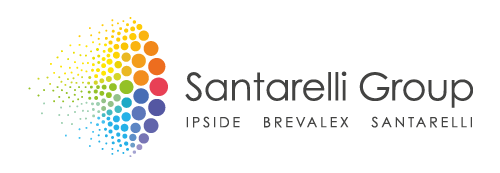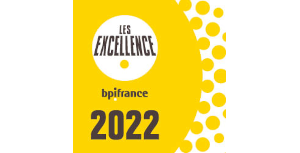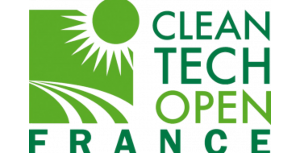Caviar d’Aquitaine is a symbol of regional heritage, resilience in the face of environmental challenges, and ethical production. Combining tradition and modernity, it maintains its authenticity and quality, making it a proud emblem of French gastronomy.
A Tradition Rooted in Gironde
The history of Caviar d’Aquitaine dates back to the 1920s, when large-scale production took place on the right bank of the Gironde estuary. Overfishing and pollution depleted sturgeon stocks, leading to a ban on wild fishing in 1982. A repopulation program was then launched, focusing on breeding Siberian sturgeon in captivity. The first sturgeon farms appeared in the Isle and Arcachon basins in the 1990s, and the commercialization of caviar under the name "Caviar d’Aquitaine" began in 1996. Today, Gironde produces 24 out of the 25 annual tons of French caviar, accounting for 80% of national production and generating €48 million in revenue.
Girondin Caviar: A Distinctive Craftsmanship
Girondin caviar stands out due to its preparation with dehydrated salt, giving it a delicate, less iodized taste that differentiates it from other caviars. Its production follows strict quality standards, with fish raised without hormones or GMOs, in ponds supplied by natural water sources. The sturgeon maturation process takes six to seven years, after which the eggs are carefully extracted, sorted, and salted using traditional methods.
The PGI for Caviar d’Aquitaine: A Quality Seal Recognized by the European Union
Caviar d’Aquitaine, produced by four companies (Kaviar, l’Esturgeonnière, Caviar de France, and Prunier Manufacture), has now been granted Protected Geographical Indication (PGI) status by the European Union.
This PGI, which came into effect on February 18, 2025, guarantees traceability, transparency, and authenticity for caviar produced within a defined geographical area and in accordance with a strict specifications document, monitored by the French National Institute of Origin and Quality (INAO). The designated production area includes: parts of Dordogne, the Isle basin, Gironde, Landes, Lot-et-Garonne, and certain communes in Charente, Charente-Maritime, Gers, and Pyrénées-Atlantiques.
Beyond preserving traditional expertise, the PGI provides enhanced legal protection for Caviar d’Aquitaine.
This designation prohibits the use of the name "Caviar d’Aquitaine" for any product that does not comply with the specifications document, effectively preventing fraudulent practices and unauthorized use of the name (Article L.721-7 of the French Intellectual Property Code). In cases of infringement, legal action may be taken under counterfeiting laws (Article L.722-1) or for unfair competition (Article L.722-8) under the same Code.
The protection granted by the PGI is indefinite, provided it is not annulled by the European Commission (Article 54 of Regulation (EU) No. 1151/2012). However, modifications to the specifications document may be requested if a legitimate interest is demonstrated (Article 53 of the same Regulation).
For consumers, the PGI serves as a guarantee of traceability, quality, and authenticity, ensuring that the caviar originates from the designated region and is produced using specific, controlled methods.
With this recognition, the Caviar d’Aquitaine sector aims to strengthen its position against Chinese competition, which produces approximately 300 tons of sturgeon roe annually.
Our Legal Team is Here to Support You:
• Protecting the authenticity and value of your products
• Safeguarding and defending your expertise
By Angéline CHAMPANHET and Romain PECH













